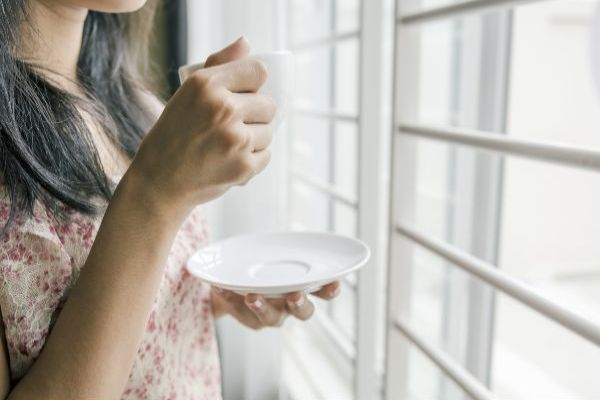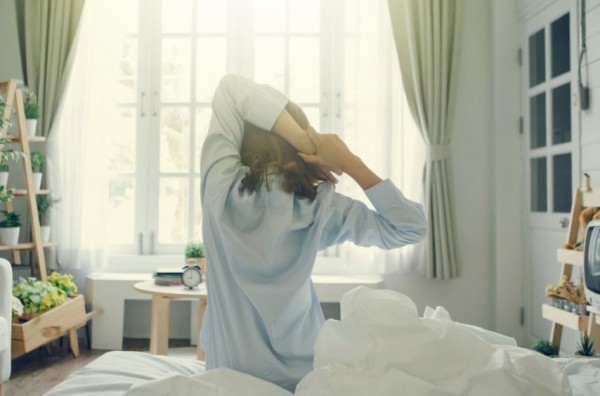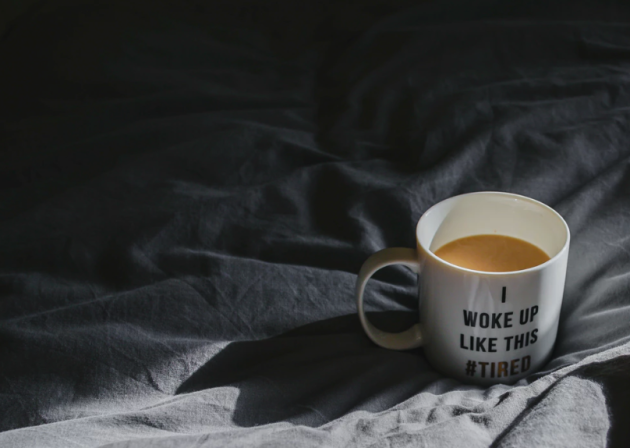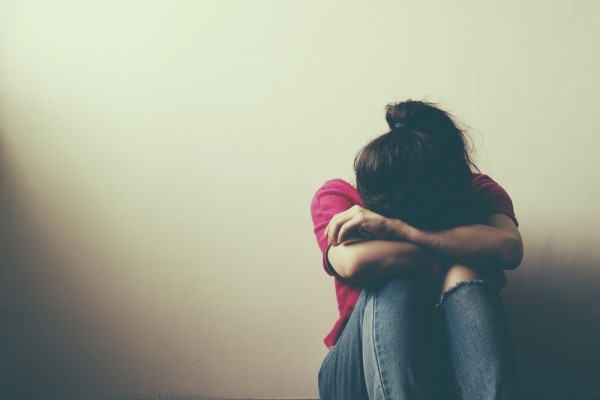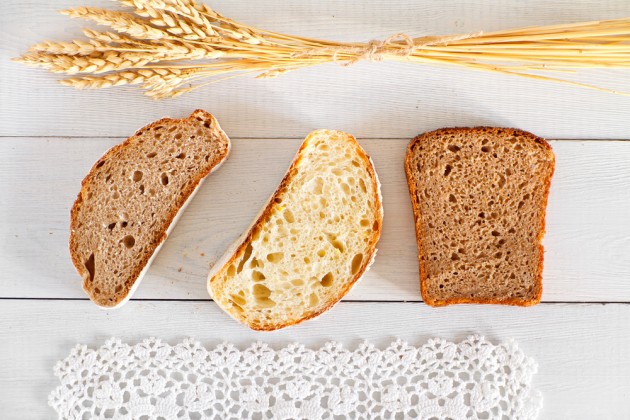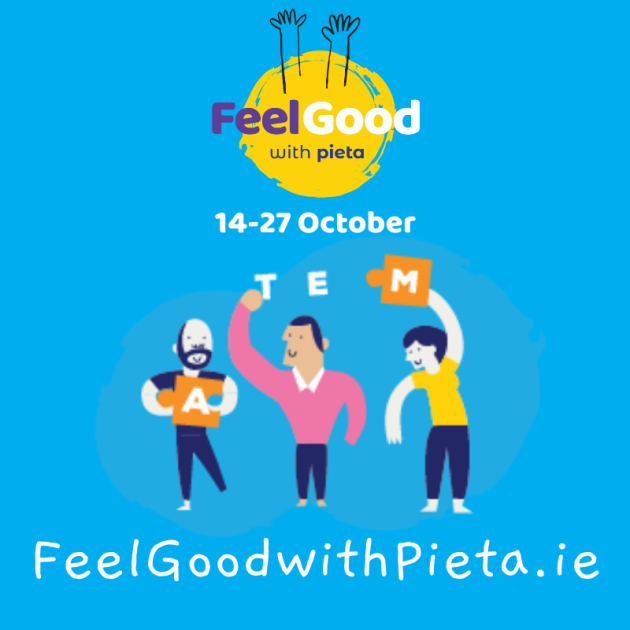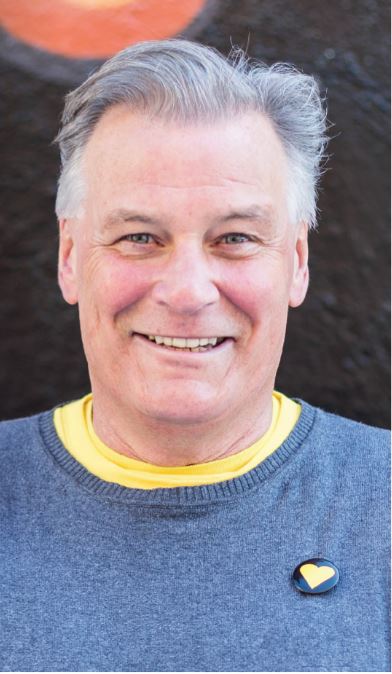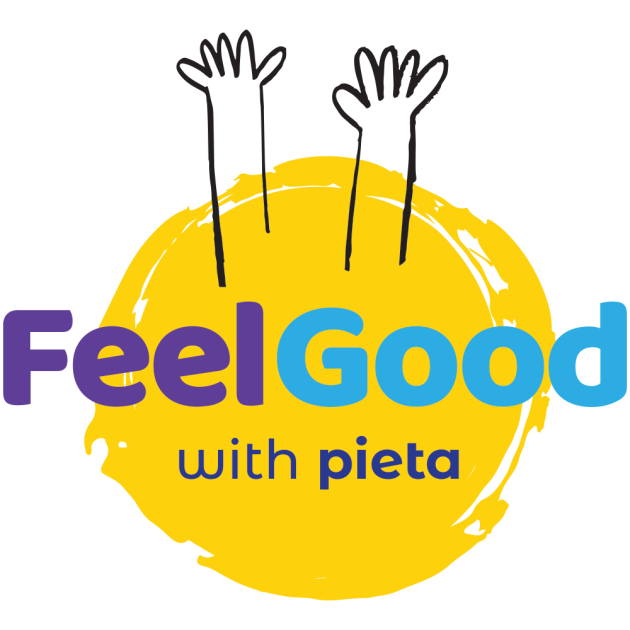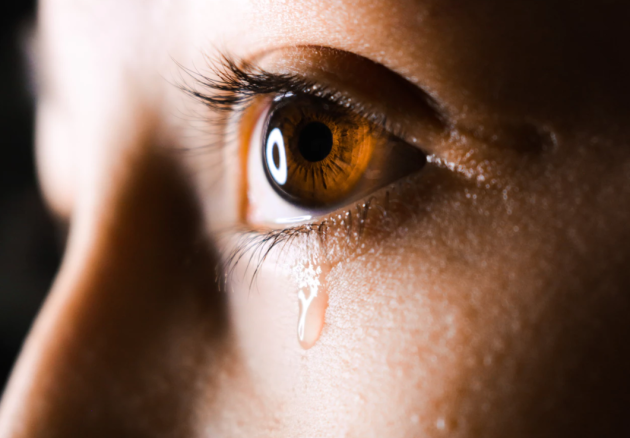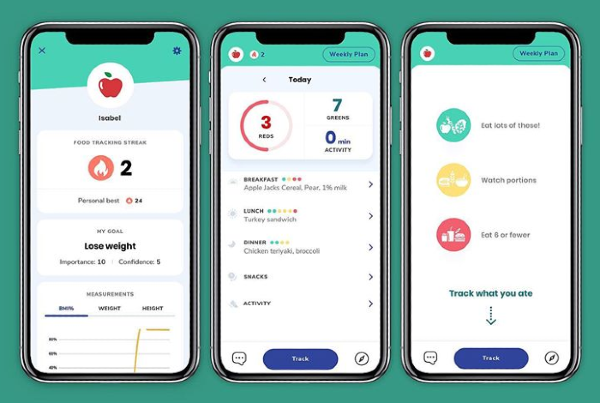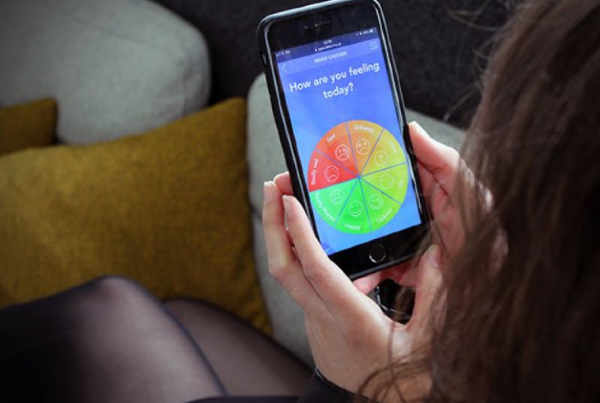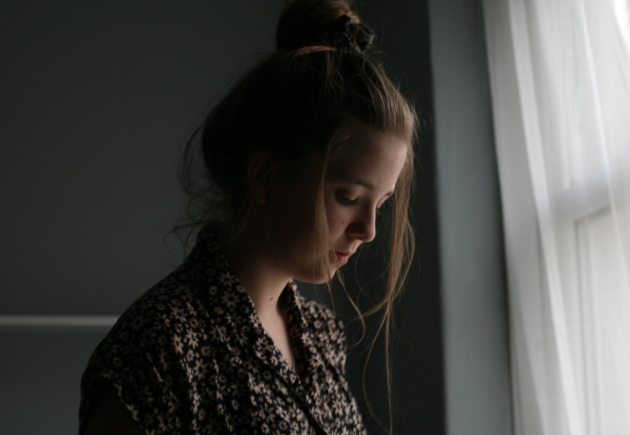
Christmas isn’t always merry and bright when you’re mentally ill
Christmas Day is officially underway. December 25 has arrived; a day filled with merriment, family, twinkly lights and turkey.
I’ll be rocking the matching pyjamas, singing along to Last Christmas and toasting to the end of 2023 as my nearest and dearest gather at Nanny’s house.
As excited as I am for the holidays, it is important to remember that this time of the year isn't merry and bright for everyone, especially for people who are struggling with mental health issues.

Mental health disorders aren’t going to take the day off or magically vanish when you sit down to watch Love Actually. I wish they would, but they don't.
There’s a lot of pressure placed on society to act like all is well just because the holidays are here. For those with anxiety, depression, OCD and other mental health disorders, it can feel impossible to simply put on a ‘brave face’ for the sake of the extended family.
We try our best to keep up appearances but I think it is very important to remember that you shouldn’t feel ashamed or disappointed in yourself if you find the holidays difficult. Having a mental health disorder is a constant battle. You can’t just pop a plaster over it and carry on with your day.

Living with anxiety has taught me that there will be good days and there will be bad days. It is a disorder you manage, not banish, unfortunately. Another thing, and possibly the best thing, this disorder has taught me is that there is help out there. Never ever be afraid to reach out to a friend or relative if you're feeling particularly bad.
You may feel like you're 'ruining' Christmas, but that couldn't be further from the truth. There is never a bad time to reach out and seek help, Christmas or not. Your best friend will be there to hug you on the bad days. Your sister will help you find a counsellor. Your dad will listen when you're ready to talk about what you're experiencing.
As hard as it can be, you must hold on to every ounce of hope.
Matt Haig sums it up perfectly:
“You will one day experience joy that matches this pain. You will cry euphoric tears at the Beach Boys, you will stare down at a baby’s face as she lies asleep in your lap, you will make great friends, you will eat delicious foods you haven’t tried yet, you will be able to look at a view from a high place and not assess the likelihood of dying from falling. There are books you haven’t read yet that will enrich you, films you will watch while eating extra-large buckets of popcorn, and you will dance and laugh and have sex and go for runs by the river and have late-night conversations and laugh until it hurts. Life is waiting for you. You might be stuck here for a while, but the world isn’t going anywhere. Hang on in there if you can. Life is always worth it.”
Remind yourself of Matt’s words when you’re struggling over the Christmas break. I understand that it can be unbearably hard time for a heartbreaking amount of people, but don’t lose hope.
As Matt said, life is always worth it.
You can contact the Samaritans on 116 123.







